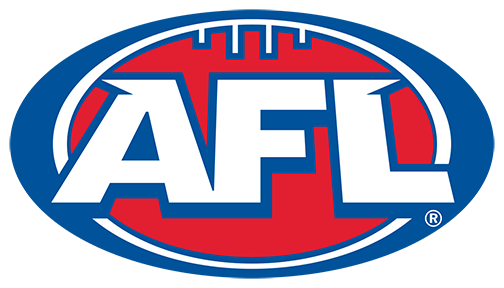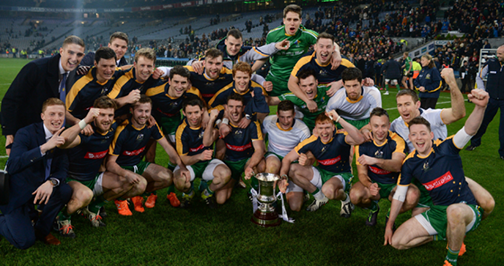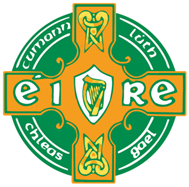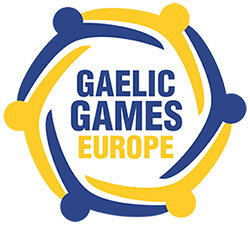Results
Shinty/Hurling Club Matches 1994
|
(Match 1)
8 - 2Shinty/Hurling Club Matches
Tullaroan (Kilkenny) vs Glenurquhart (Scotland) |
|
(Match 2)
5 - 3Shinty/Hurling Club Matches
Dicksboro (Kilkenny) vs Glenurquhart (Scotland) |
Results compiled from Kilkenny GAA Yearbook 1994. Please see Reference [1] for more details. For Players list in Match 2 please click on the Match in question in the Results list above.
Report
Glenurquhart from Scotland visited Co. Kilkenny over the weekend of 15 to 16 July 1994 to play two Hurling-Shinty International Rules games against Tullaroan and host club Dicksboro. Glenurquhart lost both matches, 8-2 to Tullaroan and 5-3 to Dicksboro. As well as Set Dancers the Kilkenny City & District Pipe Band played as part of the festivities. 47 players in total made the trip over from Scotland. [References: 1]
Hurling/Shinty Stock Image

References
[1] Barrie Henriques (Ed.) (1994) “SHINTY/HURLING GAME” Kilkenny GAA Yearbook 1994. pg.108. Published by Kilkenny County Board GAA, Nowlan Park, Kilkenny.
ACKNOWLEDGEMENTS
Thanks to Conor Connolly-Mulcahy & Dara Conolly-Mulcahy
ABOUT THIS DOCUMENT
Researched, compiled and written by Enda Mulcahy for the
Eirball | Irish North American and World Sports Archive
Last Updated: 30 October 2022
(c) Copyright Enda Mulcahy and Eirball 2022
You may quote this document in part provided that proper acknowledgement is given to the authors. All Rights Resereved. The Logos and Photos used in this article remain the property of the organisations and individuals which own the copyright and are used here for educational and information purposes only. Eirball is not officially connected with either the Gaelic Athletic Association (Ireland) or Camanachd Association (Scotland).



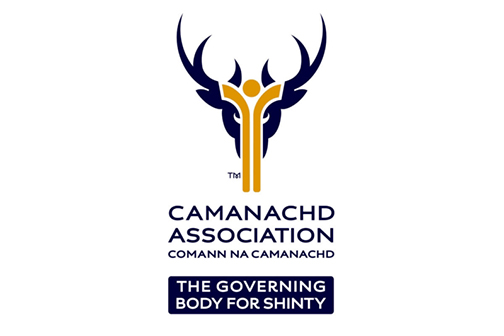

![GAA Logo [Reference: 1]](https://gaa.world/wp-content/uploads/2020/12/GAA-Logos-2.jpg)

